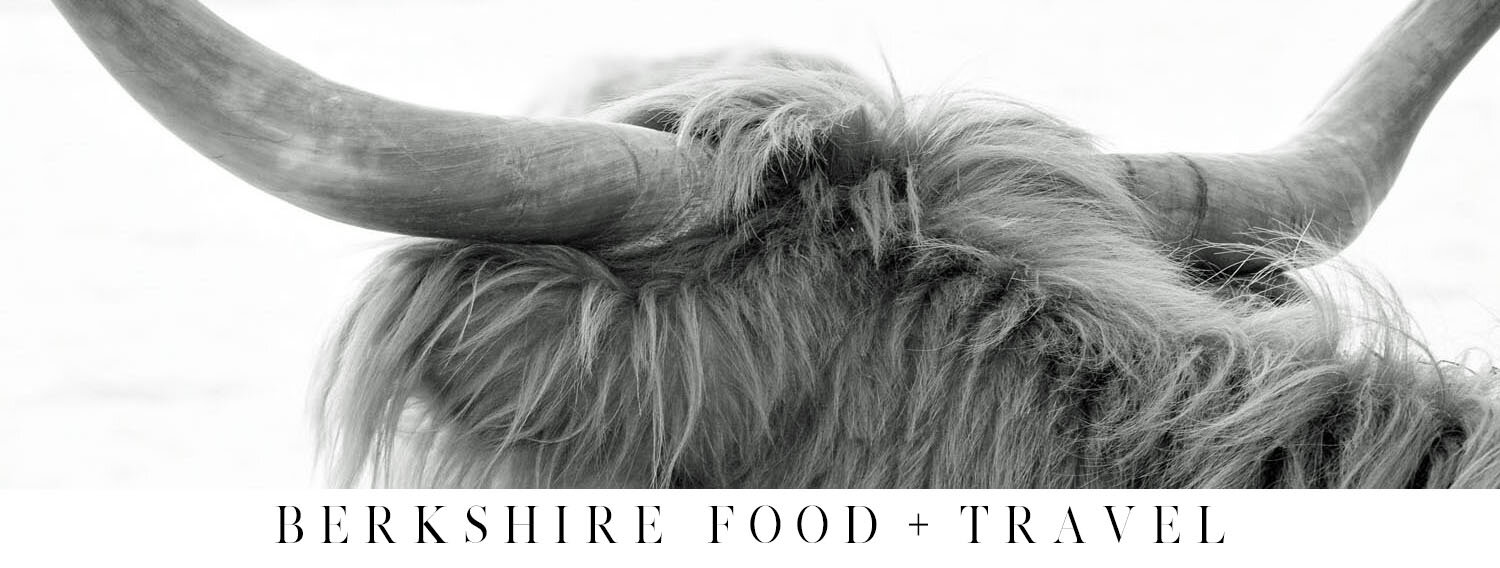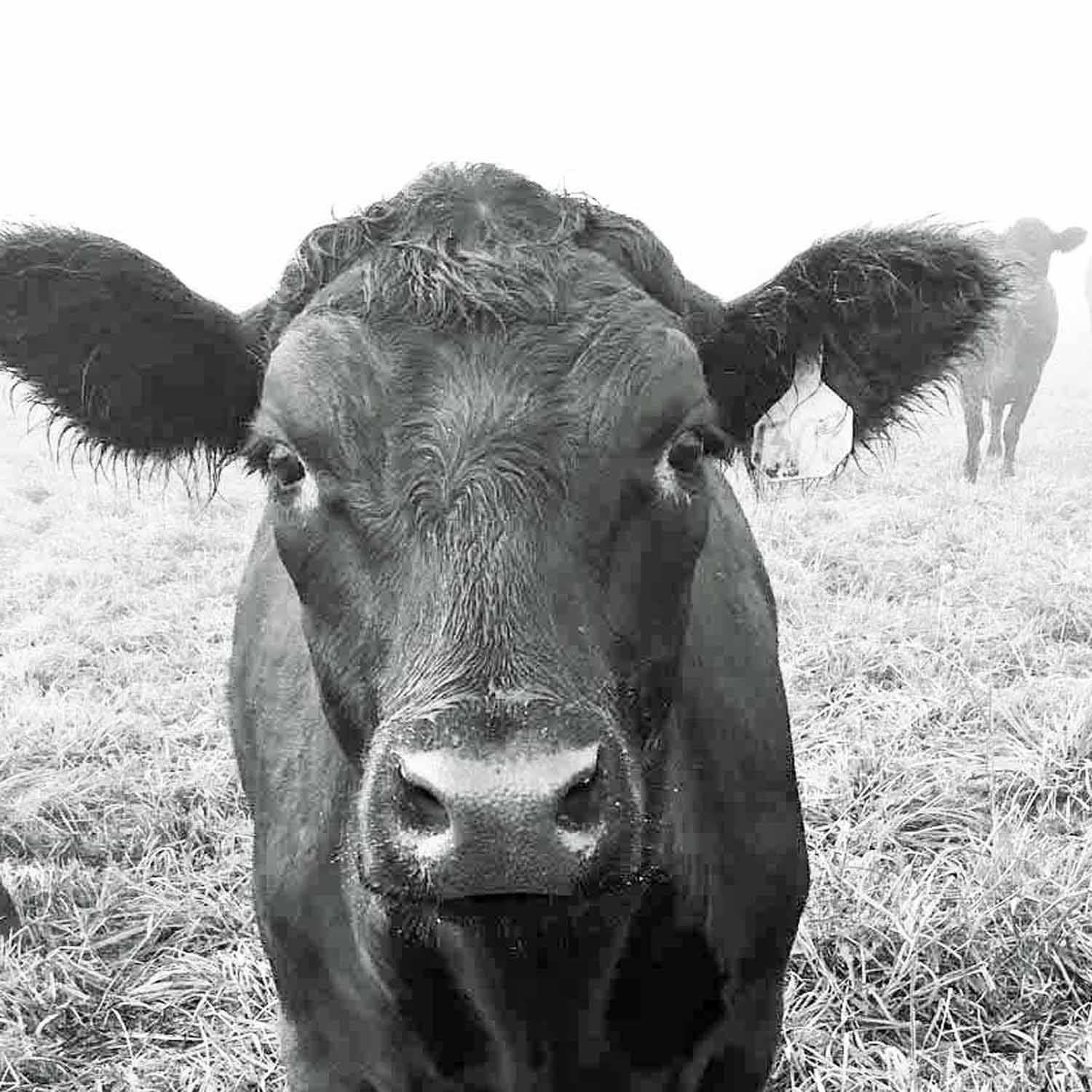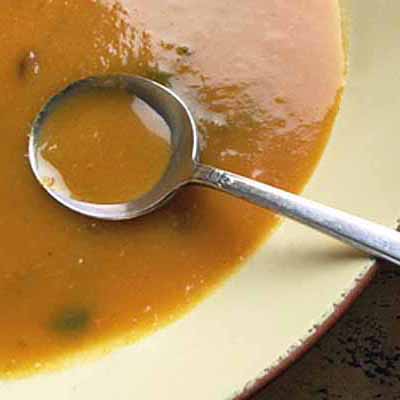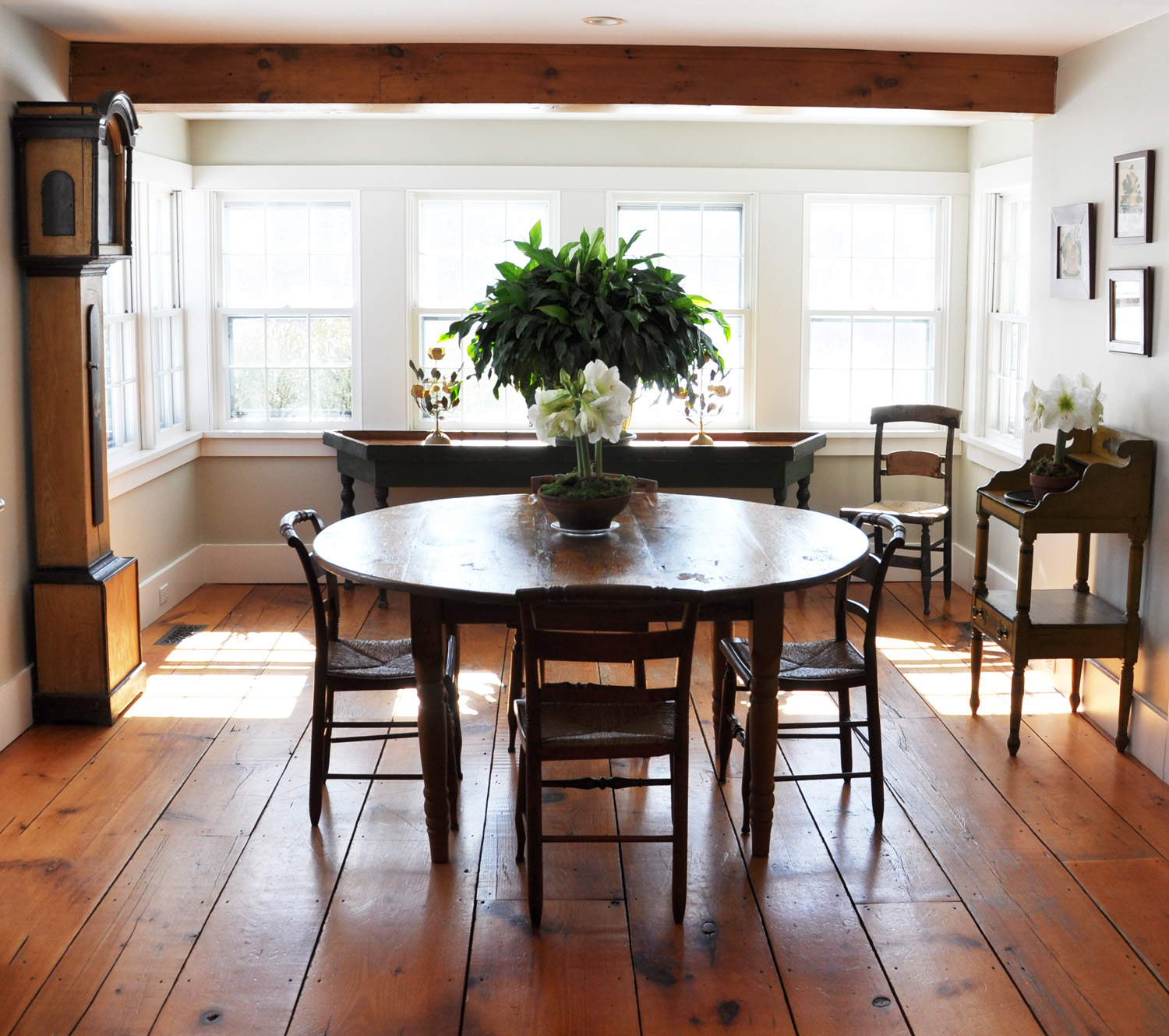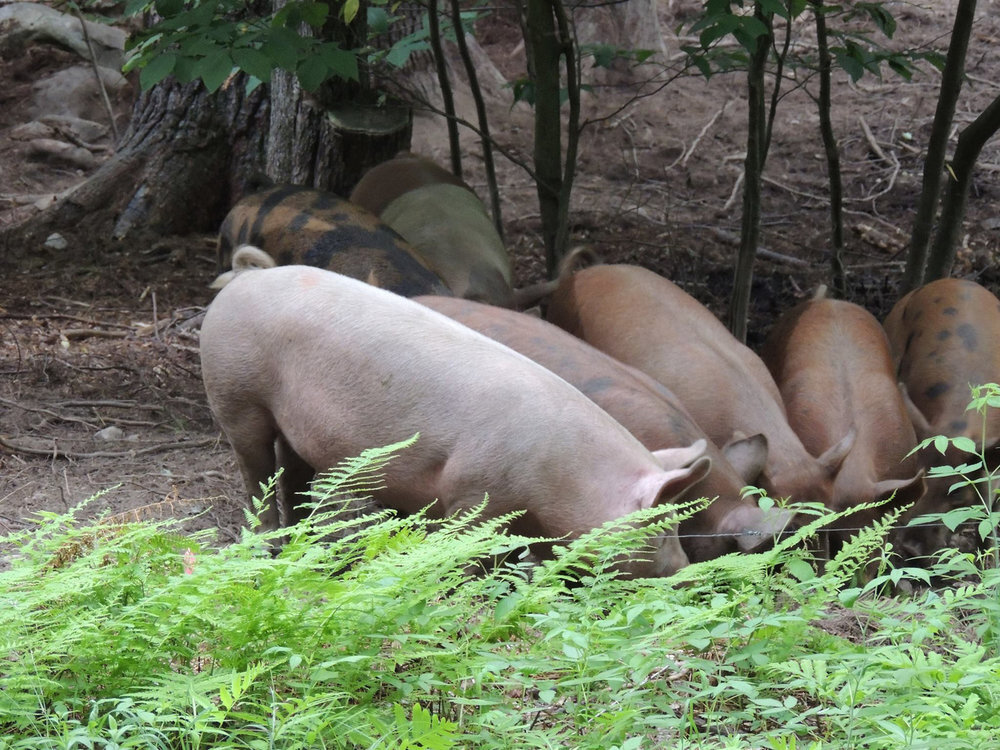RELATED ARTICLES
CULINARY ADVENTURES: The Leahey Family, committed to organic dairy farming | By Laurily Epstein | The Berkshire Edge | 2015
Lee's Leahey Farm getting back into dairy business | By Dick Lindsay | The Berkshire Eagle | 2013
LEAHEY FARM
LEAHEY FARM is located in Lee, MA, and recently has enlarged to become a dairy farm, distributing milk and yogurt to Guido's, Taft Farms, Berkshire Co-op Market, Rubiner's Cheesemongers, Bizalion, Berkshire Organics and Public Market (West Stockbridge) and more. Several local restaurants also use Leahey Farm milk.
‘HEALING THE LAND AT THE SAME TIME AS WORKING IT’ Interview with Phil and Jen Leahey of Leahey Farm in Lee, MA.
INTERVIEW: "In a certain sense, we’re doing things the way people did a hundred years ago, but we’ve got the science behind it that proves that it’s a better way to do things. We’re basically mimicking the herding instincts of animals on a grassland, and we’re doing it on a small scale. We’re using electric fences, so we can keep moving the animals and we can get them off of where they just were, which allows the grass to come back. And, at the same time, their own manure is a fertilizer here on our own farm, and it’s not a toxic contaminant for a water system because we’re not overstocked here. So, when you factor all that in, I think the modern agriculture of today is going to look a lot more like 50 years ago. What seemed backward then is actually pretty close to being right on."
PHIL: "With the rotational grazing we’ve got 50 acres of grass. But they’re only on a couple acres at any given time, so the rest of the farm is open to all different types of wildlife. There are many different levels of things going on here. We’re farming, but we’re also keeping open space, we’re sequestering carbon, we’ve got wildlife habitat and we’re conscious of all that. We’re actively trying to make everybody fit."
JEN: "I feel very lucky that we can raise our family this way and also that we can be doing what we’re doing, in the manner that we’re doing it. First of all, we’re living in this place where generations of Phil’s family have been in one location for decades and decades. And, along with that, we’re trying to raise these animals that also have unique histories and fit unique niches and that are rare. So there’s a preservation and conservation aspect to that. Raising the animals is in some ways a parallel mission because we’re trying to sustain this farm for ourselves, first and foremost, because we love what we’re doing. And now that we have a child, for her sake as well [the Leaheys also have a new addition to their family – a son], whether or not she chooses to continue it will be something else again, but the fact that it would be here for her. We do have extended family that live up here on the farm, who are not involved specifically with the farm, who have other jobs. But, I think everyone who lives up here has an appreciation for this piece of land and the history of this land. So, sustaining that is a similar story to keeping a breed going that’s unusual, unique and endangered."
JEN "We sell at local farmers markets as well as direct off the farm. And, everything is in single cuts that are frozen and cryovaced. We do have people that want to come and buy bulk amounts. It used to be that people would buy what they consider a half or quarter of an animal. But now we have customers that come up once a week and buy burger, or sausage or some eggs. And, to me that’s really important and really special and something I’d like to continue to do. This family and this farm have a long history of marketing to the community and having a direct link to this community. We’d like to go back to that. It’s kind of’ knowing your farmer’ and having that person be a person in your life, be a personality, and this place, being where people are like ‘oh, we go up to that farm, and that’s where our meat comes from’."
PHIL: "Over the last 30 years, this farm has gone into what they call ‘old field succession’, meaning that a lot of what was open 30 years ago is slowly turning back into forest. In the meantime, though, a lot of what has crept into these fields are invasive exotic species, such as Japanese Barberry, European Barberry, Bittersweet, Honeysuckle, Multiflora Rose. These are all plants that were never here. They have choked out acres and acres of this farm. We are in the process of using goats to bring this back to an earlier stage of succession, following an agroforestry model, in that we leave the trees but we’re taking out the underbrush and getting grass to grow- more of a savannah type situation. We feel that we’re not impacting wildlife habitat because this is stuff that’s not supposed to be here anyway, and we still have lots of acres of woodland as well. The goats thrive off of it, so we’re essentially grazing the underbrush. I think that’s a perfect fit for us right now, and it’s helping us with our goals of opening the farm back up and the state could benefit, the wildlife itself could benefit from more open land. I think we’re kind of working towards that … healing the land at the same time as working it."
